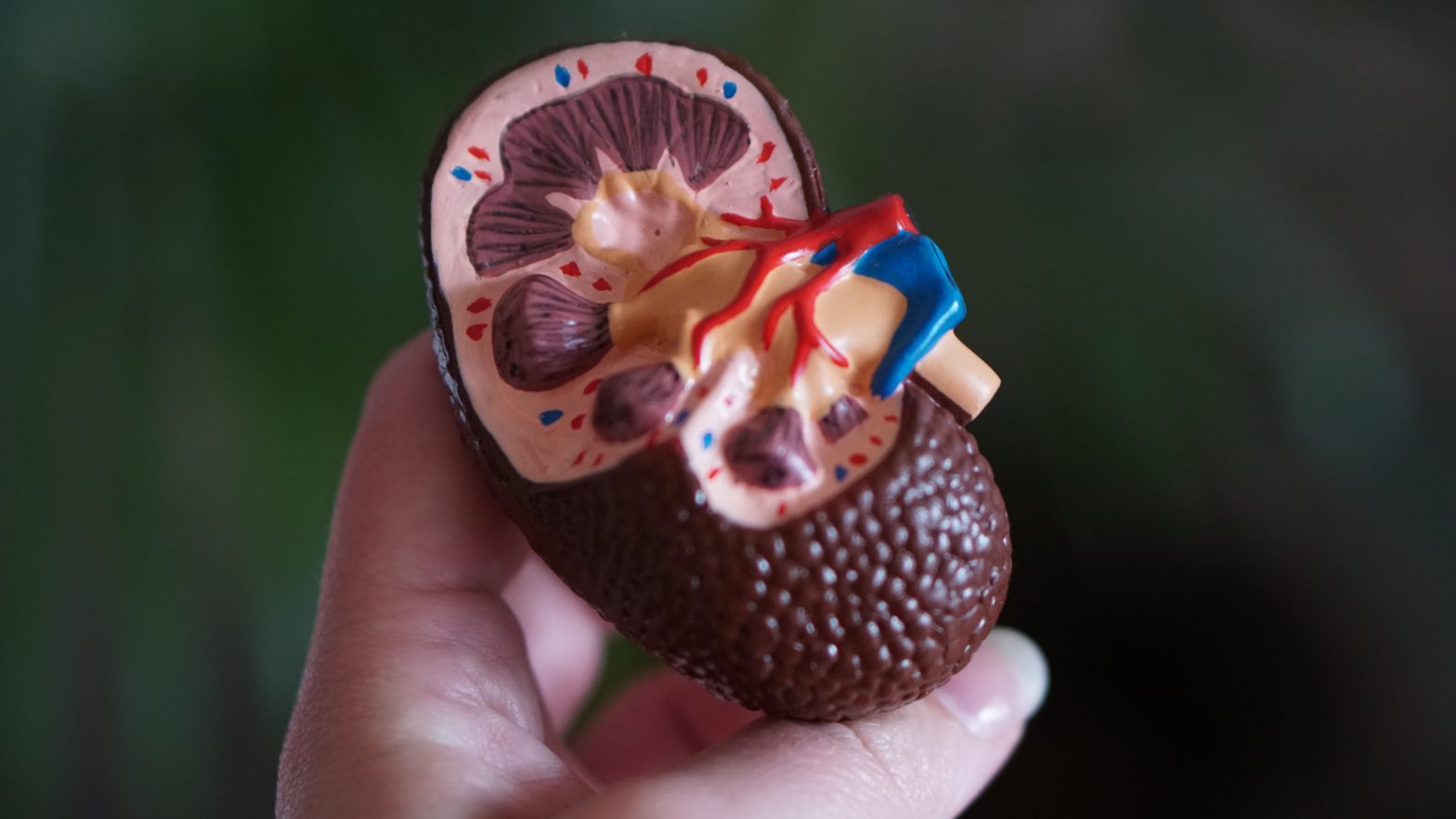Successful renal transplantation ends in recuperation of renal function.
Patients in the pre-transplant period in dialysis treatment can also increase protein electricity malnutrition and bad nitrogen balance, with lack of lean frame mass and fats deposits.
In a nonfunctioning kidney graft, dialysis remedy keeps and the healing dose of immunosuppressive pills have to be reduced.
The most important goal in the post-transplant deferred period is to restore the most effective nutritional status.
Other posttransplant situations for which weight-reduction plan and/or dietary dietary supplements can be useful encompass hypomagnesemia, hypophosphatemia, hyperuricemia, hyperkalemia, hyperhomocysteinemia, persistent renal allograft failure, renal anemia, and renal bone disease.
Nutrition after renal transplantation
Therefore, the diet of people with kidney disease must be tailored to the treatment regimen as well as the specific requirements for the different types and stages of kidney disease.
Patient nutrition after kidney transplantation is influenced by several factors, such as time after transplantation, kidney function, side effects of immunosuppressants and other drugs, possible interactions with food preparations, and possible immunomodulatory effects of some dietary supplements.
Adequate nutrition early after transplantation should promote wound healing, prevention of infection, restoration of renal function, and correction of clinically important electrolyte and metabolic disorders due to immunosuppressants.
Pre-transplant nutritional status affects post-transplant outcomes. after kidney transplant are 3035 kcal/kg BMI/day, ~1.4 g/kg BMI/day protein and 0.751.0 g/kg BMI/day in acute and chronic stages.
Nutritional requirements change over time after transplantation.
Nutrition for kidney transplantation is a complex issue due to incomplete restoration of renal function or the occurrence of “necessary” metabolic side effects of immunosuppressants.
Adequate diet may favorably affect graft survival, but this remains a neglected issue.
Kidney transplantation is associated with steroid and calcineurin inhibitors, dietary liberalization after restriction of dialysis and improved quality of life in patients.
There are few specific guidelines on this topic and nutritional advice. Also, besides poor patient adherence to nutritional plans, there are dangerously underestimated problems by doctors and sometimes inadequate interventions. Rapid and specific nutritional management of the
RTR can help prevent or minimize these metabolic changes, especially when it involves careful and repetitive counseling.
Do not add sugar to food or beverages such as cereals and tea.
Choose healthy, low-sugar options such as plain milk instead of chocolate milk or plain yogurt instead of flavored yogurt.
High Fiber Offers foods rich in fiber, such as fruits, vegetables, whole grains, legumes, and lentils.
Limit salty foods such as chips, crackers, french fries, meat lunches and hot dogs.
Restricts processed foods such as frozen meals, processed cheeses, sauces or spice powders for noodles or rice, soups, and canned vegetables.
Conclusion: Adequate nutrition, adjusted to increase patient motivation and commitment, is the best way to increase patient life expectancy. It is a precautionary measure and includes: It has the potential to improve graft survival without cost and side effects.
